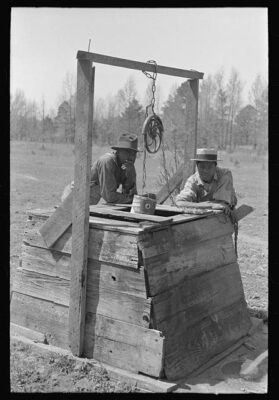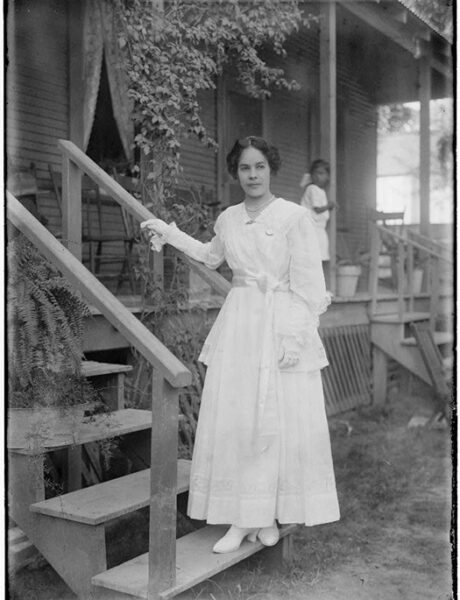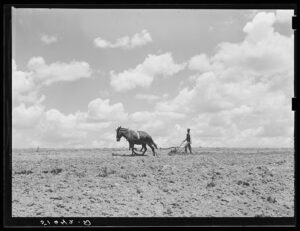Dusk Catchers
“Mosquito Hawks,” the old folks named them: Dragonflies
hovering low over our twilight lawn.
You and your brother chase them, buzzing in circles
about the open grass, snatching at sunset air
vibrating in their crooked trails and your laughter.
Yards away, the neighbors plan their next purchase
as luxury cars glide past our small houses
leaving toxic exhaust, emblems and envy
strangling struggling, surviving suburbia:
BMW—Buying Means Winning.
What will you do if you catch one?
Once you have stared into its bulbous clear eyes,
felt its metallic shock, an almost-sting,
like the others, you’ll let it go:
concluding that it’s just another thing.
**
Battlefield Park
“Our history is here, son: your ancestors
died on this piece of land centuries ago.
See their names on that big stone?” I cannot
get your gaze away from that playground
the city erected on this scarred, sacred site.
Gaudy purple-yellow contraption thrown up
amid these acres of war-torn ghosts
whose musket balls gave politicians the right
to assemble that obnoxious monstrosity
over our sacrifice-stained soil.
Three little blond girls in dresses start swinging,
cutting saber-shaped arcs of sunlight and giggles
through the free air beneath this fair sky,
and I am transformed in the moment
you go to join them—children of liberty.
**
Memory Fish
You would not approach our wooded side yard
in your camouflage rolled-cuff overalls—
“Piranha River,” you had named it despite
the lack of water or danger there;
its grey moss shade and black dirt path
made it just foreboding enough
for a three-year-old boy to steer clear.
Today you’re knee-deep in the Chattooga,
tugging at line and hip-wader suspenders,
creel stacked full of gasping trout
whose frowning mouths mistakenly bit
at your small, colorful piece of revenge
for toddler nightmares, fright-soaked sheets.
Tonight we will feast on your deep-fried fears.
**
Mule Pie
A stubborn-sweet southern woman known
for cobblers, casseroles, and covered dishes
made by traditional hand: my grandmother.
Her soft, bleached flour-white palms, when rolled, turned
toughened, tanned horsehide brown, hardened slow
by heat from lifetime love-labors of hearth
like “mule pie:” long strips of leftover crust,
crisped and sugared, given to favorite
grandsons who persisted, endured as she had
the cold of those moments before reward
made better through warmth and expectation:
baked time-lines sprinkled with simple cinnamon.







